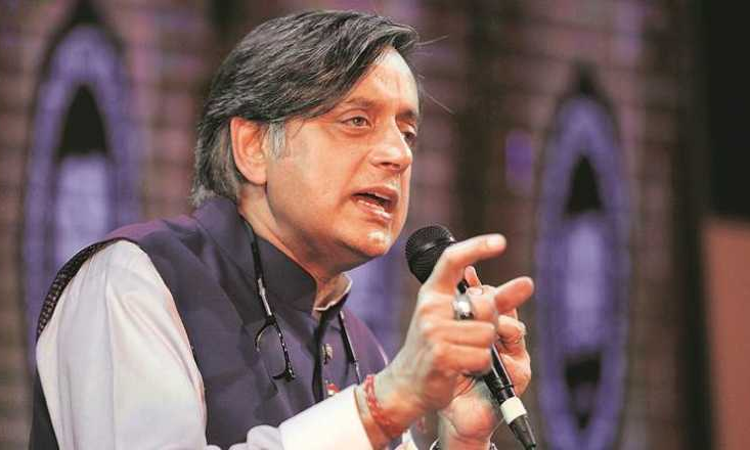It's 'RTI Elimination Bill', Says Dr Shashi Tharoor On RTI Amendment
LIVELAW NEWS NETWORK
25 July 2019 9:35 AM IST

Next Story
25 July 2019 9:35 AM IST
During the Lok Sabha discussion on the Right to Information Act (Amendment) Bill 2019, Dr. Shahsi Tharoor heavily criticized it, by terming it 'RTI Elimination Bill'.He said that changing the fixed tenure of the Information Commissioners, and making their service conditions subject to the executive rules to be framed by the Central Government will undermine their autonomy and...
